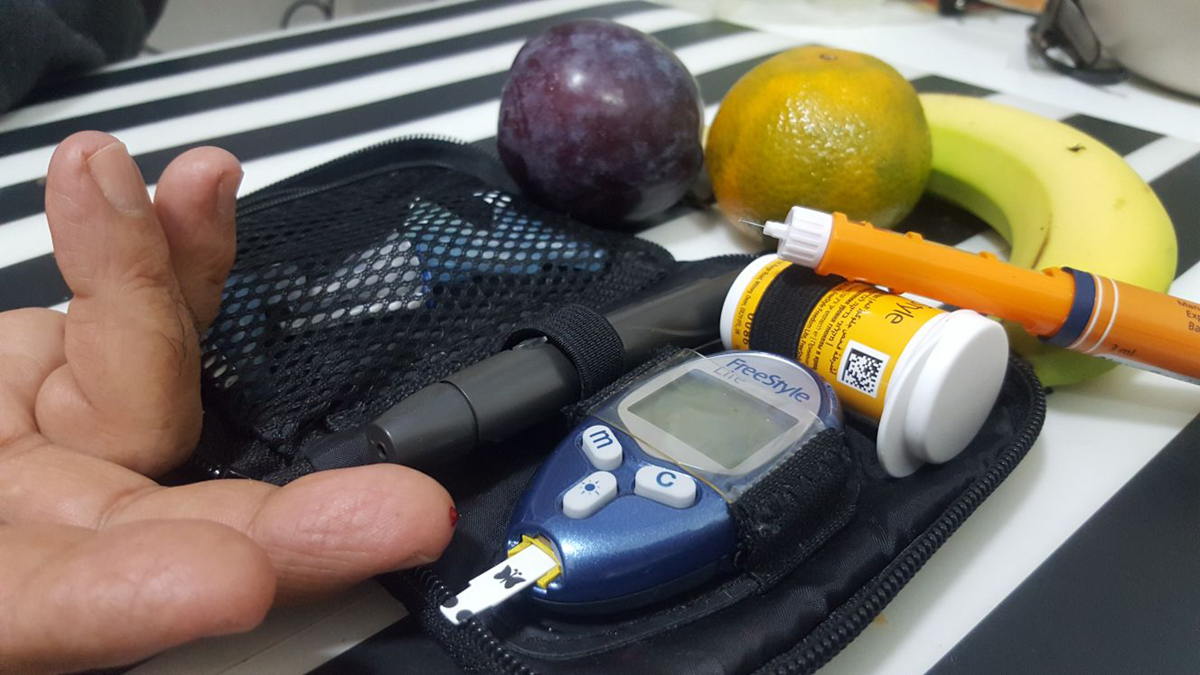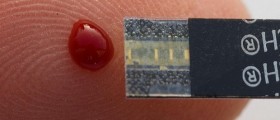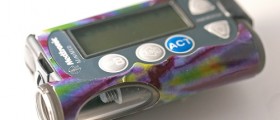
Diabetes type 2 is a chronic condition, characterized by the insulin resistance. Usually, it affects more adults than children. However, it is the condition on the rise, especially among obese children. Diabetes type 2 is treated with oral anti-diabetic medications and insulin injections.
This illness may be prevented. As a parent, you could teach your child to eat healthy food, exercise regularly and maintain the healthy weight.
Symptoms
Some children might not have any signs or symptoms of diabetes. Other could experience increased thirst and urination. This condition is characterized by the elevated levels of blood sugar (glucose), which causes thirst and frequent need to urinate.
Because of diabetes, kids may be extremely hungry all the time. Their body lacks insulin, and therefore can’t provide enough nutrients for the muscles and thus provokes hunger.
Even though the child is eating enough, it might happen that his/hers weight starts to reduce.
Tiredness, vision problems and all kind of infections are also associated with diabetes.
In some cases there are areas of dark, velvety skin, usually on the neck and armpits. This condition is known as acanthosis nigricans and it is connected with diabetes and insulin resistance.
There are some risk factors, known to lead to diabetes in children. These include:
Kids that already have someone in the family suffering from diabetes type 2 Kids which have signs of insulin resistance Obese kids (whose Body mass index is over 85 percentile) African-, Hispano-, Native and Asian-American kids are more likely to develop diabetes type 2For those kids, it is important to do diabetes screening regularly, in order to diagnose the condition in early stages. Any other child that develops symptoms mentioned above should be taken to the doctor and check for diabetes.
Complications of Diabetes Type 2
Diabetes is the condition that must be taken seriously and treated, both in adults and children. If left untreated or poorly managed, it could severely damage all organs in human body. Some of the complications may even be life threats.
Untreated diabetes type 2 might cause cardiovascular (heart and blood vessels) problems. The usual complications are angina, stroke, heart attack, hypertension (high blood pressure), and atherosclerosis.
Diabetes might cause kidney damage, especially in children. There were cases of kidney failure and severely damaged kidneys.
This condition may damage the liver of the child. Nonalcoholic fatty liver disease, scarring of the liver and cirrhosis are some of the possible complications.
Nerve damage is also known to be caused by this illness. It affects the nerves in the hands and feet, leading to numbness and pain, and sometimes even loss of senses in the affected limbs. It might also cause different foot problems, including complications, even from a simple cut or a blister.
Diabetes is connected to skin problems, such as itching and bacterial and fungal infections.
Poorly managed diabetes could affect your child’s eyes, provoking glaucoma or cataract.

















Your thoughts on this
Loading...